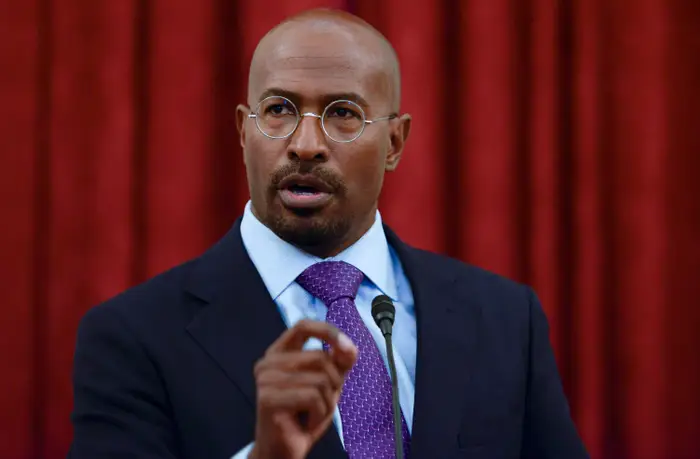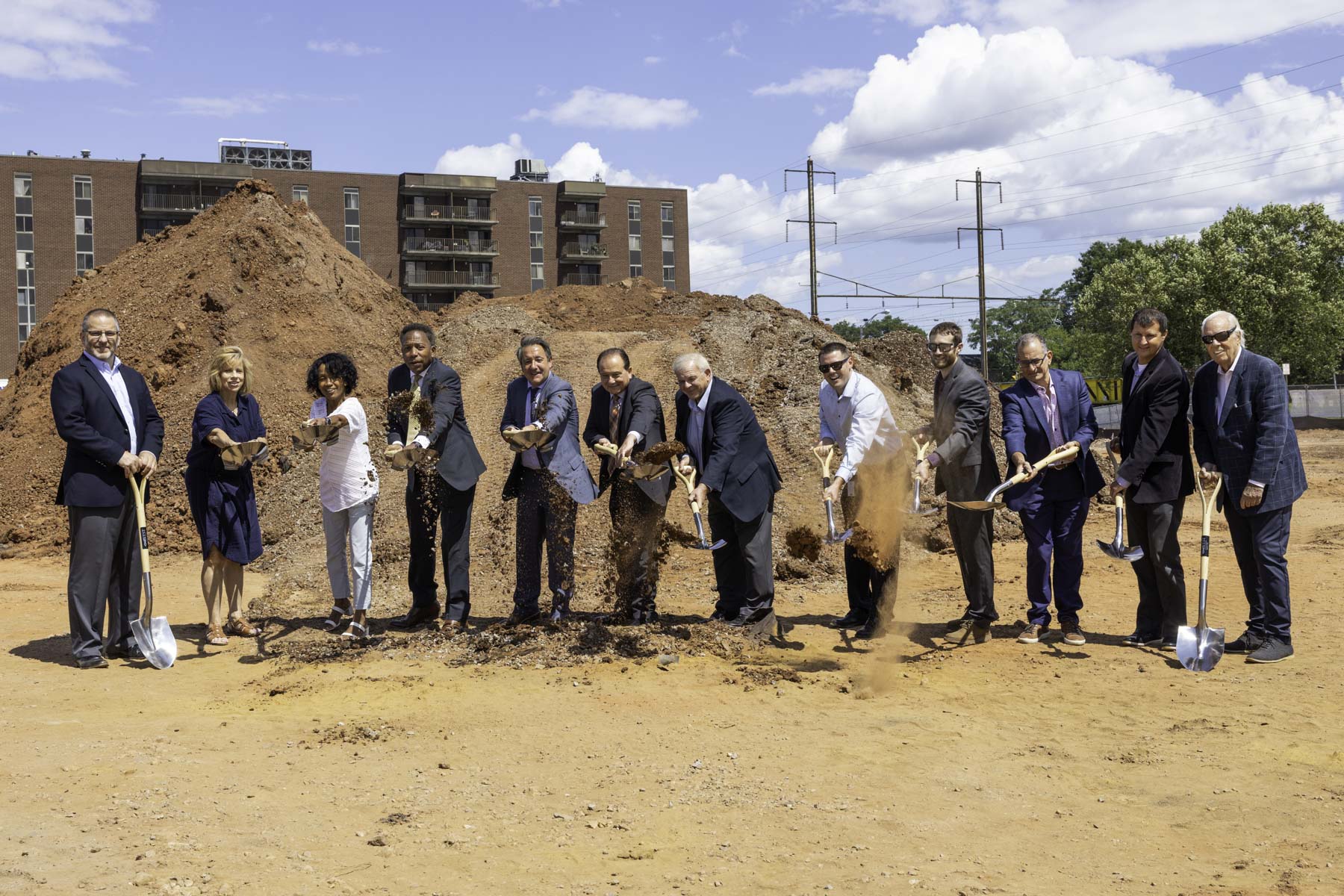(HOUSTON) — Can those who intertwine personal beliefs with narratives truly be considered journalists? In the era of digital platforms and amplified voices, the line between objective journalism and personal opinion blurs. Figures like Van Jones, prominently featured on CNN, navigate this landscape, amalgamating activism and commentary. The ethical questions surrounding his alliances underscore the challenges facing today’s media. A journalist must engage thoughtfully, upholding informed and transparent discourse.
Initially known for his advisory role in the Obama administration and subsequent resignation due to controversial remarks, Van Jones sought to maintain relevance by founding the nonprofit Dream.org and the Green for All initiative. Despite substantial grants from Jeff Bezos, recent reports highlight internal discord, fiscal mismanagement, and Jones being removed from Dream.org’s board. This challenging phase may impact his public standing and raise questions about the effectiveness of his nonprofit endeavors, potentially altering the perception of his earlier roles in environmental advocacy and justice innovation.
Jones is not merely an advocate for racial inequality; he is particularly passionate about helping African Americans reduce their prison sentences for minor drug charges. In 2014, according to CNN, he launched a new initiative called #Cut50. This bipartisan campaign aims to address the United States’ alarming incarceration rates, intending to halve the prison population within a decade. #Cut50 is known for forging unlikely alliances, popularizing alternatives to incarceration, and making criminal justice reform a mainstream voting issue in upcoming elections.
While Jones’s advocacy for criminal justice reform has received praise, his biased rhetoric, particularly against Republicans, has been questioned. On CNN, he criticized former President Trump and his policies while simultaneously working with his administration to pass the First Step Act. According to the United States Sentencing Commission, this act made changes to some U.S. federal laws, aiming to improve criminal justice outcomes and reduce the federal prison population while maintaining public safety. The First Step Act was passed with bipartisan support in December 2018, resulting in changes to sentencing for some drug convictions, updated mandatory minimum guidance, and expanded opportunities for federal inmates to reduce their sentences. Thousands of individuals incarcerated in federal prisons saw their sentences reduced or were released due to the bill.
Despite being a vocal critic of Trump, Jones has no regrets about collaborating with his administration on criminal justice reform. Some Americans, especially within the Black community, are skeptical of Jones’s alliances with both parties, considering he is a Democrat. When questioned on “The View” about the trust issues within the Black community, Jones stated, “I don’t think that is true. I said that Trump does not get credit because of all the horrific stuff. It completely erases all he has done, but social media will take the clip of what I said and take it out of context.” Jones clarified in the interview that his mission is to advocate for criminal justice reform, regardless of which political party is in office.
According to the Society of Professional Journalists (SPJ) code of ethics, journalists are expected to uphold accurate and fair reporting, taking responsibility for the precision of their work and avoiding misinterpretation or oversimplification when summarizing stories. Critics contend that Van Jones’s reports are biased, aligning closely with his personal beliefs across political lines. It’s crucial to recognize the absence of absolutes in Jones’s political commentary or advocacy for criminal justice reform, allowing him to evolve his perspective on political issues. However, his involvement with Trump’s administration raises questions, as journalists are generally advised to refrain from political activities. The SPJ code of ethics underscores the importance of journalists distinguishing between advocacy and news reporting. While journalism is protected by the First Amendment, granting the right to freedom of speech, those aiming for impartiality must steer clear of displaying partisanship.
Van Jones represents a complex figure; his dual role as an advocate and commentator reflects the intricate relationship between media and politics today. As we grapple with questions of trust in journalism, figures like Jones remind us that the media’s responsibilities and challenges extend beyond reporting the facts. They encompass the broader realm of ethics, integrity, and the delicate balance between journalism and advocacy. In this era of uncertainty, our collective responsibility is to critically assess the media landscape, engaging with the complexity of its figures and issues while striving for an informed and transparent discourse.


